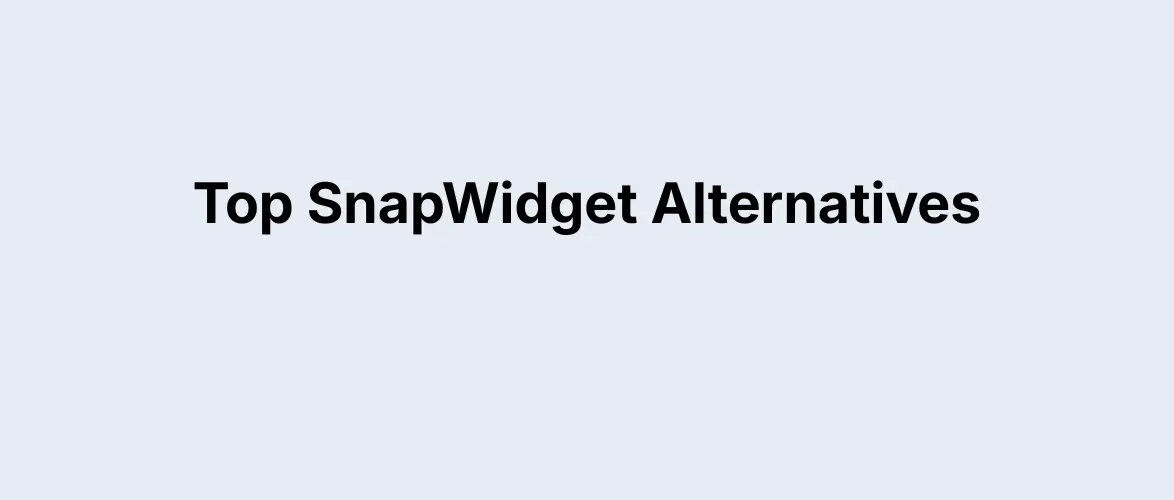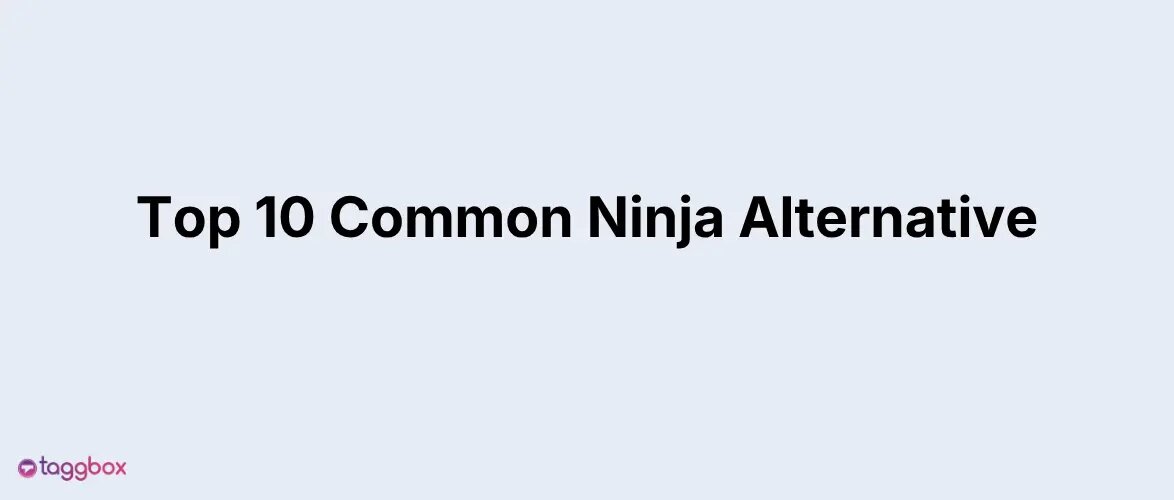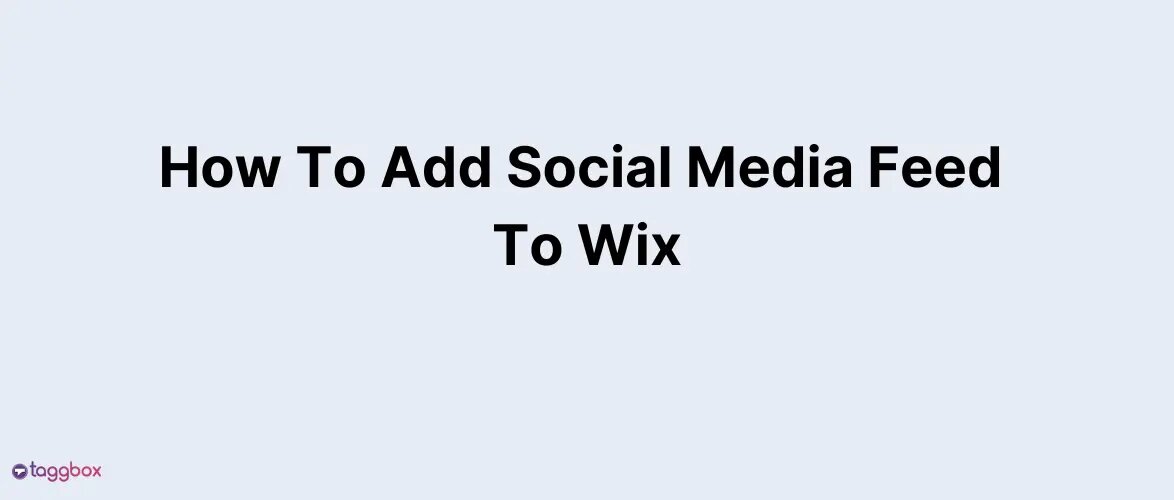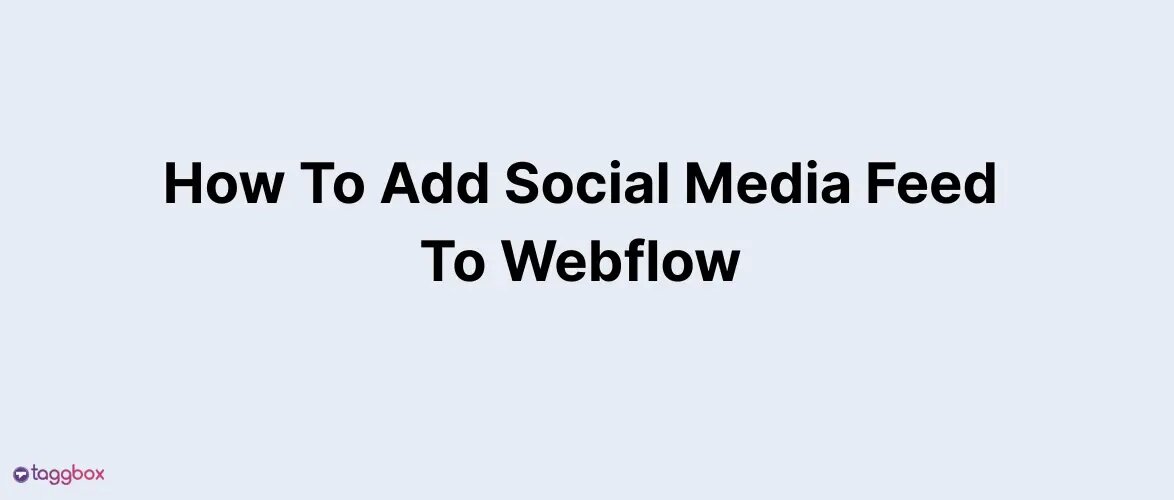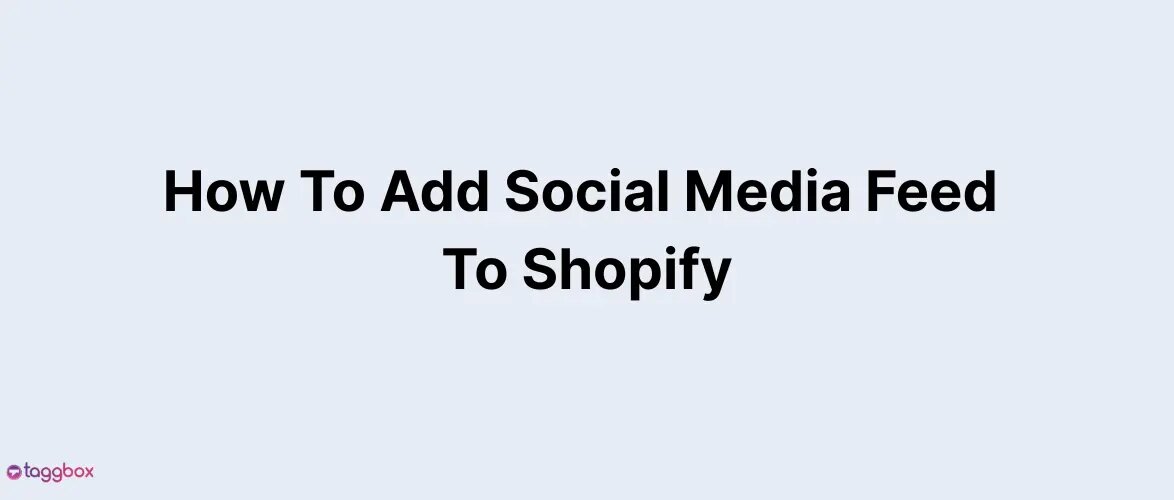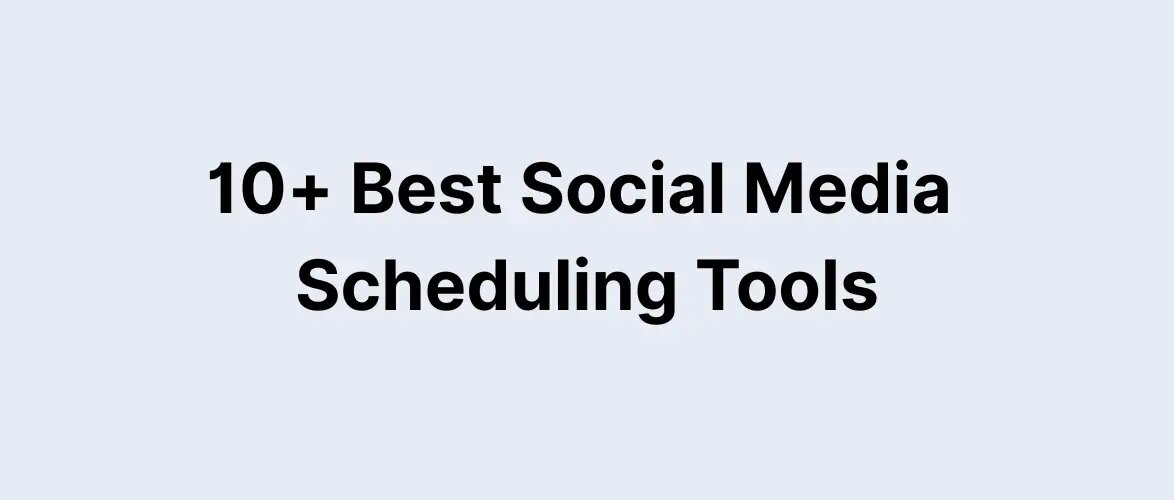Read summarized version with
We live in a world full of social media enthusiasts, making it even more important for marketers to manage their social media feeds. However, keeping the audience engaged and maintaining a social media presence is challenging.
Did you know marketers spend around 10 hours a week optimizing their social media feeds?
Social media schedulers take some of the burden off you and help manage the brand’s online presence. You must stay up-to-date on the current trends. But, it does not end here, we have curated a list of 11 reasons why marketers must have social media management tools. Let’s dig deeper.
11 Reasons Why Marketers Must Invest In Good Social Media Management Tools in 2025:
1. Clients want Transparency.
Clients want to know what you are doing for them. They want to know how their money is being spent and see tangible results. With social media management tools in place, you can deliver the transparency they expect.
You will be able to demonstrate that your team is adhering to the client’s brand guidelines and staying within budget. You’ll also have access to data that shows exactly how your campaigns performed—where people clicked from, where they came from (via referral), which posts were most popular based on likes/comments/shares/etc, and more!
If you’re not already using a social media management tool, the good news is that many options exist.
The bad news?
Determining which is best for you and your business requires considerable effort. However, we have some advice and tips on finding the right social media management tool for your marketing agency.
- Try out a few different tools and find the one that best suits you and your team.
- Look for a tool that integrates with your other software, like CRM software or email marketing systems, or has Zapier integration.
- This will make it easier to manage all your social media accounts in one place, which is especially helpful if your agency has multiple people working on different accounts simultaneously.
This helps build trust between the agency and the client, resulting in happier clients.
2. Automate Repetitive Tasks.
The great social media management tools will help you automate repetitive tasks, saving time and money while reducing errors. Automation and social media scheduling tools can be utilized to perform a range of functions, including scheduling posts and content, as well as generating analytics reports.
3. Gain a Birds-eye Perspective of your Entire Business
You can view all your social media channels in one location with the help of social media management solutions like Hootsuite. You can keep an eye on, react to, and assess how well your campaigns and other activities are performing across various platforms.
From this, you gain knowledge of what is or is not working for you, allowing you to identify areas that need improvement and allocate resources accordingly for future projects. It also makes it simpler to keep tabs on what your rivals are doing, which may inspire you with fresh ideas for strategies that could help you stand out in the crowd.
4. Consolidate and Organize.
Social media management aims to engage with your audience, build, and retain relationships. It is about more than just putting out content or creating a page. You need tools that help you consolidate and organize your social media efforts so they can be managed efficiently.
There are many tools to manage your social media accounts from start to finish, from
- Creating a presence on the platform itself (in this case, Facebook)
- Creating banners, writing blogs and video editing.
- Monitoring for mentions of your brand in real-time
- Building campaigns around them
- Measuring their effectiveness by tracking key performance indicators (KPIs)
- Optimizing content based on what works best for each audience member, segmented into separate groups based on demographic data gathered from past interactions within other channels, such as Google Analytics data.
Additionally, exporting data from GA4 to BigQuery unlocks numerous opportunities for you to drill down into the raw data behind your website or app and extract the precise audience insights you need. With functions like DATE_ADD in BigQuery, you can perform advanced time-based analysis to uncover trends and behaviors over custom date ranges.
5. Analyze Reports from all Channels in one Place
Analytics is one of the most crucial elements of social media marketing. Taggbox helps you find micro-influencers, the most active creators, and more. It would be beneficial to have help understanding which content is most effective.

With Taggbox, you get a proper understanding of the following:
- Graphical presentation of total visitors, no. of clicks, no. of views, CTA clicks, etc.
- Find an in-depth performance review of your hashtag campaign.
- Get visual maps about the top location where your audience is interacting.
- Rigorous insights about the impact of your social media campaign through sentiment analysis.
6. Measure Success with Ease
- Analytics is a must-have feature.
- You need to know what works and doesn’t work to plan effectively for future campaigns.
- Your social media accounts perform differently from one another based on their audience, engagement rate, and content type. With analytics tools, you can compare your social accounts against each other and take action accordingly.
- Analytics also help you see how your competitors are performing on social media (or not). This can help you decide whether or not their approach is effective or ineffective compared to your own brand strategy.
7. Plan to Save Time and Money
Planning is crucial in gaining efficiency and avoiding any marketing agency, be it a SaaS
marketing agency or a general Toronto marketing agency. Planning enables you to spend more time on what’s important and less time stressing the details.
When planning, ensure you have a clear picture of your goals to know if they have been met. A plan is also important because it helps with self-discipline, especially when working within a budget. Suppose there are no guidelines for how much money should be spent on certain projects or campaigns. Then, chances are high that some resources will be wasted due to accidental overspending resulting from a lack of forethought.
8. Save Time to Focus on the Big Picture
You can ignore the minute details and concentrate on the broader picture. For example, you can save time by automating repetitive tasks such as scheduling posts, creating content, and analyzing performance indicators with social media management solutions.
Then you may concentrate on your strengths, such as strategy, branding, and original material that enhances your brand’s reputation.
This is crucial since your rivals may be using these technologies to expand their company more quickly than you are.
9. Know what Works and what doesn’t — In Real-time
Social media management tools let you know what works and doesn’t in real-time. This is vital for marketers because it enables you to optimize your paid ads, determine which content works best for your brand, and understand what the competition is doing.
When you use a social media management tool to analyze user data from all of your accounts at once. In that case, you gain a clear understanding of how each platform performs individually and as part of an integrated whole.
So, for example, you can see which posts get the most engagement on Facebook or Instagram and then adjust accordingly in real-time. So if something isn’t performing well on one channel, then change it immediately!
10. Collaborate with your Team more Efficiently
You can collaborate with your team more efficiently. Regarding social media management tools, collaboration is the key to success. This is because they allow you to see what your team is doing and what they’ve already accomplished.
With these tools, there’s no more wondering if someone has completed their task. Instead, you’ll know immediately if your employee has achieved what they’re supposed to and when it was completed, so that you can provide them with feedback on how well they did or direct them towards something else if necessary.
11. Give your Clients Access without Losing Control
Here are some strategies for using social media management solutions to grant access to your clients while maintaining control:
- You can share work samples in progress. Let’s say you’re working on a website redesign for your client. Instead of sending them an image or mockup in an email, why not post it on their Facebook page so they can see what’s going on? This way, they won’t have to wait until the final product is released—and if they think it needs more work, they have time to make adjustments before publicly releasing it.
- You can collect feedback from clients directly using social media management tools. The same goes for writing copy or designing graphics—you’ll get immediate feedback because people will leave comments on Facebook or Twitter!
- Letting clients know what’s happening behind the scenes will build trust and open communication channels between teams (which is always a good thing).
How To Choose The Best Social Media Management Tool?
When selecting a tool for your business, there are numerous excellent options and time-saving features; it’s a daunting task to determine exactly what’s right for you.
The tool you choose is often vital when hitting your social media marketing goals, as it can help drive traffic and engagement, and measure your progress. There are many tools with different functionalities and features, including
- Social Media Aggregator & UGC Platform: Analysing the social media trends for a specific hashtag campaign or term and the content cloud surrounding it, e.g., Taggbox
- Scheduling and auto-posting: Automated sharing and publishing of the content on different channels, e.g., RecurPost
- Content Creation: Creating and curating ideas and content, e.g., Canva, design.com.
- Social listening: Stay on top of trends to create relevant content as per audience sayings, e.g., BuzzSumo.
- Content analyzing and comparing: Observing metrics and KPIs to know if you are getting closer to your goals, e.g., Hopper HQ.
- Automating creative production for paid social: Streamlining the process of generating creatives for paid social media campaigns, e.g., Hunch
Some tools have multiple capabilities. You need a tool that helps you achieve the majority of your business goals on social media. Here is the list of the 5+ top social media management tools that marketing agencies can use:
1. Taggbox
Taggbox is a social media aggregator tool that allows you to aggregate content from more than 20+ social media platforms and display them all in one place. It is a user-generated content suite that enables brands to leverage UGC across different marketing touchpoints.
Brands can strategically use users’ content for omnichannel marketing on channels like web pages, email campaigns, Digital Screens, Events (virtual, hybrid, in-person), eCommerce stores, print & social ads, etc.
2. RecurPost
RecurPost is a user-friendly and efficient social media management solution that over 90,000 companies of all kinds, from startups to large enterprises, rely on. It provides a vast array of capabilities, such as bulk scheduling, analytics, team collaboration, evergreen scheduling, and content publication across multiple platforms, including Facebook, Instagram, LinkedIn, Twitter, Google My Business, and Pinterest, using RecurPost.
RecurPost allows you to organize your content into libraries, such as My Blogs and Videos, unlike other schedulers where you have to upload your content whenever you want to schedule it.
3. Buffer
Buffer is a social media management tool for marketers, agencies, and teams. You can schedule posts and manage multiple social profiles at once. With Buffer, you can schedule your messages in advance, so they go out automatically at the best time.
You can also track their performance to determine what works best for your audience and which comments or responses drive the most engagement or clicks. The service integrates with the most popular CRM platforms, including Salesforce, HubSpot, Zoho CRM (formerly Pipedrive), Zendesk, and Google Drive.
4. ContentStudio
ContentStudio is a powerful social media management tool that helps you create, curate, and publish content across all your online channels in one place. It also provides a centralized space for managing multiple accounts, so it’s easy to work as part of a team of members or clients with their own specific needs–like scheduling posts! In addition, you can measure their success by analyzing metrics such as likes/shares per post type on Facebook (and see what others are doing) plus engagement rates, which tell us whether people have interacted enough times, etc.
5. CoSchedule
CoSchedule is a social media management tool that helps you plan and publish content on multiple channels. It features a calendar, making it easy to schedule your posts in advance.
In addition, with CoSchedule’s integration with WordPress, you can publish your blog posts directly from the app, eliminating the need for an additional plugin or extension like Yoast SEO.
6. Sendible
Sendible is a social media management tool that helps you manage multiple social media accounts across various platforms. You can schedule posts, track your social media campaigns, and monitor your competitors’ activities to improve your performance. The free version limits the number of posts you can prepare daily, but it’s still great for most small businesses.
Paid plans start at $129 per month for up to 5 users, with unlimited connections (1 account per connection). This allows you to have complete control over all your accounts from one dashboard, with no restrictions on performance or usage limits.
Conclusion
In short, marketing agencies should leverage social media management tools to integrate with their clients’ overall marketing strategies seamlessly. This software can help your brand maintain steady communication with customers and clients by providing access to essential content management features, including publishing, scheduling, and analytics.
In addition, these tools offer numerous other functions, making them a valuable asset for any company seeking to expand its presence on social media platforms like Facebook and Twitter.
The secret is to identify the tools that will help your marketing efforts and to take the time to get to know them. Then, be bold and expand your toolkit; even if something brand-new and eye-catching surfaces, hold onto your older tools.
Marketing agencies should utilize tools to their advantage by automating repetitive tasks and consolidating content into a single system. Hence, it’s easier for them to manage content across channels, schedule posts in bulk, and plan ahead more efficiently to avoid missing important events, such as changing seasons or holidays.




